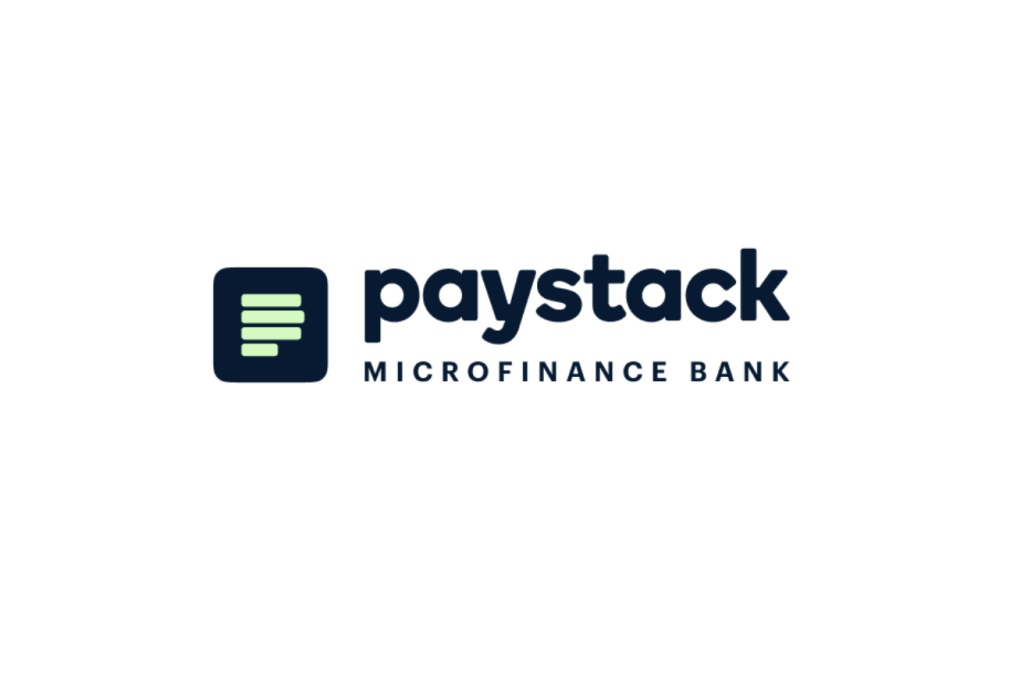For investors who crave complete autonomy over their cryptocurrencies without the need for third-party management, decentralized wallets offer a perfect solution. These wallets provide enhanced privacy and security, ideally suited for traders, long-term holders, and those committed to safeguarding their assets.
We will examine four esteemed decentralized wallets—Plus Wallet, MetaMask, Trust Wallet, and Trezor—highlighting their functionalities to assist you in selecting the best option for securely managing your crypto.
1. Plus Wallet: Enhancing Control, Rewards, and Security
Plus Wallet stands out with its rich feature set designed to maximize user control, rewards, and security. It ensures users maintain full command over their funds through sophisticated encryption, with assets stored directly on devices, accessible only by their private keys. For additional security, it incorporates two-factor authorization, including Face ID and PIN code options.
What sets Plus Wallet apart is its engaging rewards programs—Swap to Earn and Refer to Earn. Swap to Earn provides users with variable rewards for each transaction without a cap on trade numbers, while Refer to Earn rewards users for bringing new traders to the platform. This commitment to user benefits is underscored by its efficient 15-minute token listing time.
Supporting a wide array of major cryptocurrencies such as Bitcoin, Ethereum, and others, Plus Wallet is available on both Android and iOS, making it a prime choice for those looking to actively enhance their holdings while maintaining robust security.
2. Trezor Model One: Accessible Hardware Wallet
The Trezor Model One provides a cost-effective gateway into hardware wallets, priced around $70, and is equipped with substantial security features to safeguard cryptocurrency assets securely.
While it offers strong protections, its utility for frequent traders might be hampered by a cumbersome fiat conversion process, and past security concerns have raised some alarms regarding its vulnerability.
3. MetaMask: Ideal for Ethereum and dApp Users
MetaMask is favored by those involved with dApps, NFTs, and Ethereum-centric projects. It supports various Ethereum-compatible tokens but does not cater to non-Ethereum cryptocurrencies, which may limit its utility for those desiring a broader portfolio.
Available as a mobile app and browser extension, MetaMask offers flexibility, though it lacks a desktop-specific application, potentially narrowing its user base.
4. Trust Wallet: Versatile and Binance-Integrated
Developed by Binance, Trust Wallet facilitates smooth asset management and trading by linking directly with Binance and Binance US. It supports an extensive range of about 70 blockchains.
Nonetheless, the absence of certain security features like authenticator-based two-factor authentication and its association with a centralized entity might deter some privacy-focused users.
Choosing Your Ideal Wallet
Ultimately, the choice of a wallet boils down to individual preferences and needs. For top-tier security with the bonus of passive income opportunities, Plus Wallet emerges as a compelling choice. Ethereum enthusiasts might lean towards MetaMask for its focused compatibility. Budget-conscious users new to hardware wallets may find the Trezor Model One an attractive entry point.
For those requiring support for a diverse array of cryptocurrencies, Trust Wallet and Plus Wallet provide comprehensive solutions. In an era where cyber threats are escalating, choosing a secure wallet that offers complete control over your assets is crucial for most traders.










